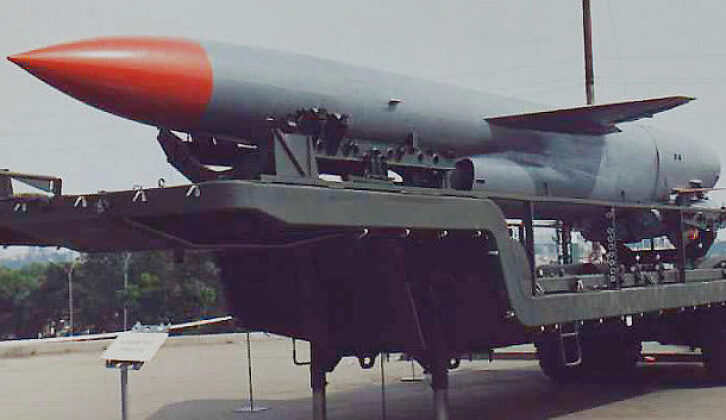The Russian Navy Pacific Fleet Project 949A Oscar II class nuclear powered attack submarine the Omsk, which is one of just six ships in the world capable of carrying P-700 anti-ship cruise missiles, fired one of these missiles during command-staff exercises in the Russian Far East. The missile was used to hit a naval target 250 kilometres away, with two smaller P-800 anti-ship cruise missiles being launched against the same set of targets by the Yasen-M class attack submarine the Krasnoyarsk as part of the same exercise. All three missiles reportedly hit the targets. The warships were deployed off the Kamchatka Peninsula, which is prized for its direct access to deep Pacific Ocean waters, allowing submarines to move in and out of the waterway without a significant chance of detection. The peninsula is on the frontlines with U.S. and Japanese forces, and in close proximity to major air and naval facilities from both countries.

Facilities at Kamchatka reportedly boast breakwaters that extend over 50 meters under water, with accommodations made to house not only nuclear powered Oscar II and Yasen-M class attack submarines, but also Borei-A class ballistic missile submarines. The P-700 deployed as the primary weapon of Oscar II class ships was developed during the Cold War, and boast 500 kilometre ranges and guidance capabilities that were considered world leading during the 1980s. At 7000 kilograms each, P-700s are approximately four times the size of modern cruise missiles such as the P-800 and Zircon, with the Soviet missiles being two generations behind the cutting edge. The first launch of the new Zircon missile from nuclear attack submarine was conducted in October 2021, with the missiles beginning to be deployed from Yasen Class attack submarines earlier in 2025. The older propulsion systems of Oscar II class ships, and their higher operational costs and poorer stealth capabilities than newer Yasen class ships, means they are not expected to be modernised with similarly capable cruise missiles, and will likely continue to rely on the P-700 until retirement in the 2030s. A fleet of 11 Yasen-M class ships is currently planned, with eight having been laid down.